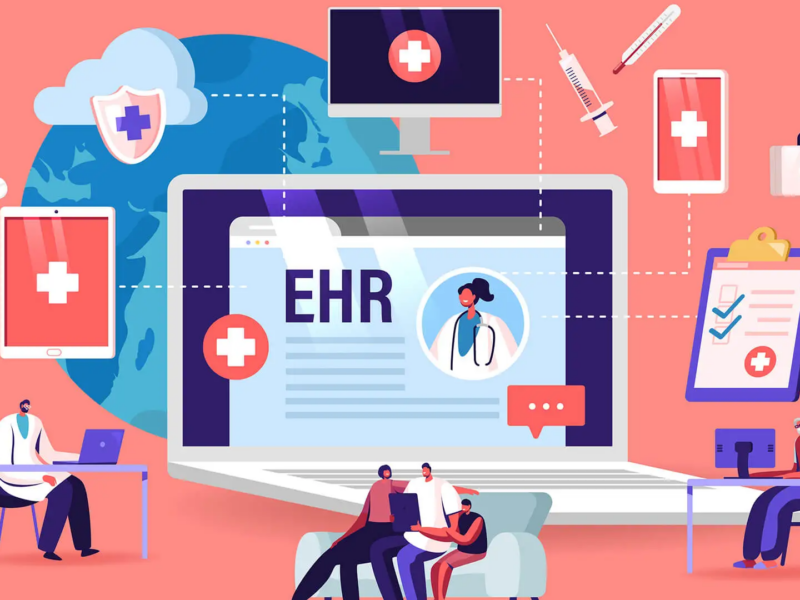Modern medicine is developing at an incredibly rapid pace. At the same time, many healthcare institutions are still confronted with a severe problem – paperwork. However, many organizations have gradually switched to a more convenient and functional option – electronic health records.
Thanks to high-quality and professional EHR software development, doctors’ work can be significantly simplified, and patients can receive additional benefits. Such solutions can rightly be considered a necessity today.
The Doctor’s Task Is To Treat Patients
There are no arguments against this fact. Indeed, doctors’ main task is to provide high-quality, professional assistance to people who need medical services.
Unfortunately, doctors must devote much of their time to completely different tasks. It is maintaining a paper registry, filling out patient cards, creating archives, etc. The need to constantly fill out paper medical records leads to several serious problems:
- increased and rapid fatigue;
- loss of concentration on issues related to helping the patient;
- additional workload for the doctor when there is no need for it.
Doctors need a convenient electronic system to concentrate on performing their direct duties, that is, treating people.

For this purpose, EHR solutions are being actively developed that can significantly simplify and speed up filling in client data, entering the necessary information into the electronic card, and issuing referrals and prescriptions for the necessary medications.
How EHR Helps Doctors And Patients
Modern EHR systems provide several advantages and opportunities. Provided that they are correctly designed, configured, and adapted, such electronic medical records can perform several essential functions:
- improving the quality of decision-making regarding the patient;
- minimizing manual input of information;
- collecting medical history, certificates, and visits;
- exchanging data between different medical institutions.
Unlike EMRs, EHR systems provide broader and more flexible options for doctors and patients. Such solutions allow for quick and convenient data exchange.
Basic Requirements For EHR
It is important to understand that EHR development is a complex and comprehensive process that includes many key factors.
Some systems lack the necessary functions and capabilities, which may make them inconvenient for active use in the healthcare sector.
Therefore, the development of such solutions should be entrusted only to qualified specialists.
They will be able to create an application that meets all the key requirements:
- convenient and intuitive interface;
- the ability to enter the required information;
- additional functions and built-in electronic assistants;
- scalability for further expansion of capabilities;
- full compliance with the profile of the medical institution;
- regular updates and bug fixes;
- professional technical support.
Thanks to this approach to development, the finished EHR will be able to fully perform all functions and tasks and provide a high level of comfort for doctors and patients. After all, this is a universal digital tool that should help and not complicate the already complex and responsible work of doctors.
Therefore, such electronic solutions are not a luxury for medical institutions, but a direct necessity. This is a big step towards a new level of service in the healthcare sector and an opportunity to allow doctors to really focus on helping people. It is high time to leave paper medical records in the past and move forward.







